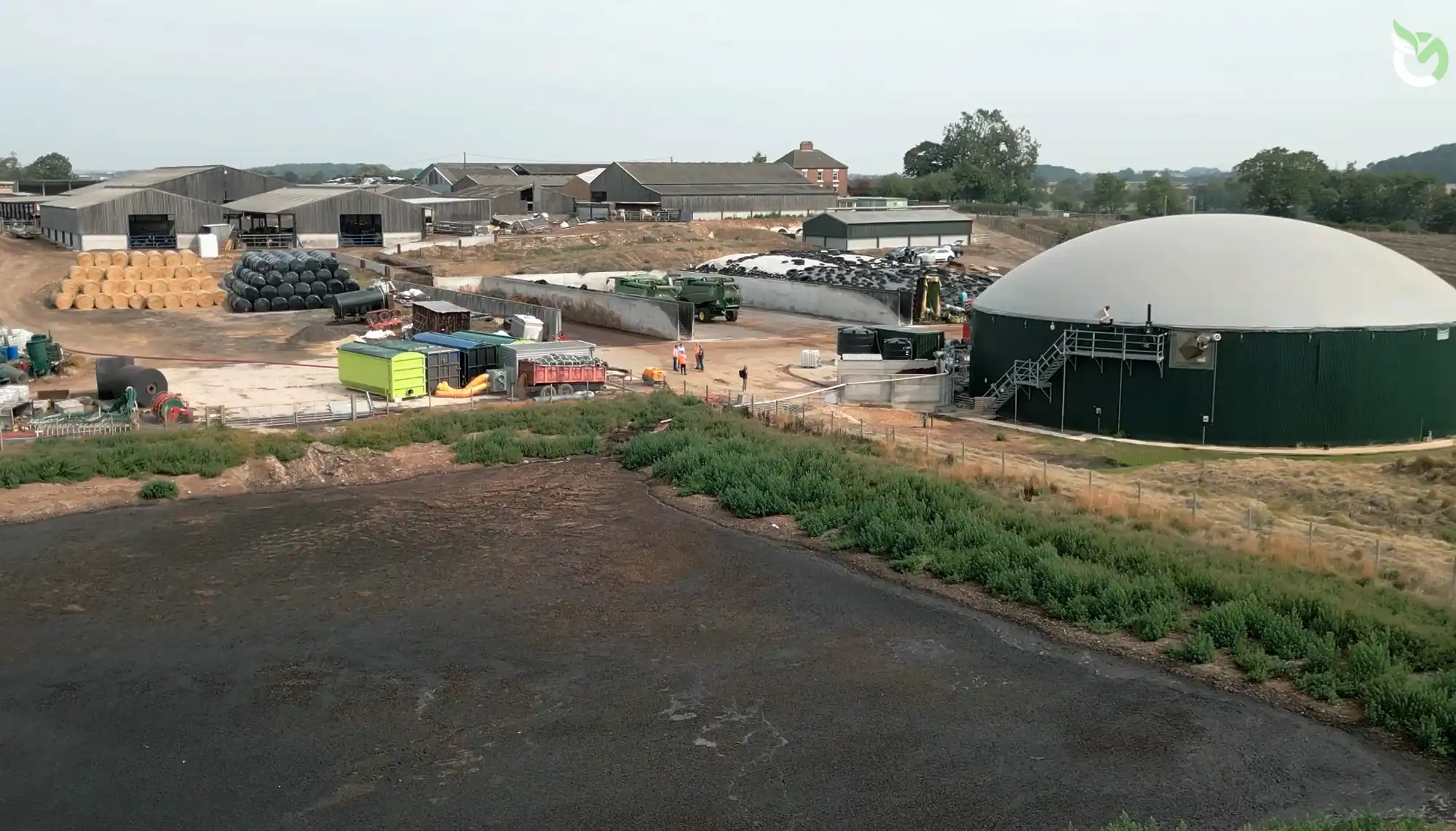Our COP27 Review - how did it measure up?
After two long weeks in Egypt we examine the key outcomes, and how it may affect the year ahead.

Project successes
Michael Douglas, MD, and Michael Tye, Senior Carbon Consultant at Onnu
What’s the verdict?
With widespread pessimism among commentators going into the summit, it is generally thought that it could have been a lot worse. As predicted, the 30 year old discussion on loss and damage, where poorer countries are compensated and supported with things like adaptations by richer countries, who have emitted the most was the main topic, sucking up a good deal of the energy. But an agreement was reached, albeit an imperfect one, which is a real achievement and certainly sets a good moral tone for the international collaboration that is needed going forward.
While it was feared that there may be some rolling back of decarbonisation commitments from Glasgow, they are generally considered to have stood still. Again, nothing to shout about, but it could have been worse.
What were the most interesting developments?
Zero tolerance to Greenwashing
António Guterres, the UN Secretary General, came out hard against corporate greenwashing and identified a lack of rigour in the voluntary carbon market as a real threat to progress. Exposure like this should direct more attention and interest to those carbon credits which are robustly monitored and audited which will ultimately drive value in the areas which are making the most difference, and decrease demand for lower quality carbon projects.
Pyrolysis and Biochar as CCUS
There was some good representation at fringe events from International Biochar Initiative, joined by BeZero, NetZero and Base Carbon all serving to raise awareness, and Boston Consulting Group announced their long-term agreement to purchase carbon removal credits from PyCCS which is is a really strong validation from such a well-known and respected organisation. While COP27 is at its heart a macro-focused event, we hope that with scale the exposure at future events will grow (which we fully intend to play a part in 😉)
Commitment to no new fossil fuels
Nothing here sadly. There was a further push to identify natural gas as a ‘low emission fossil fuel’ which is true next to coal, but with no commitment to phase out coal, this does little to help on its own. It is worth mentioning though that at the G20, a major deal was agreed to assist Indonesia to phase out coal and increase renewable energy usage, showing that COP isn’t the only place that this progress can be made.
An agreement on ‘Loss and Damage’
As mentioned, a lot of focus was on this agreement, which while welcome, lacks much of the substance required to make it a functioning finance mechanism. There is a considerable grey area of countries who may not pay, China included, and for those that will, no real financial commitments are made to the fund. The fear is in order to fund it, money will just be moved from other destinations, such as adaptation support, without being truly additional.



